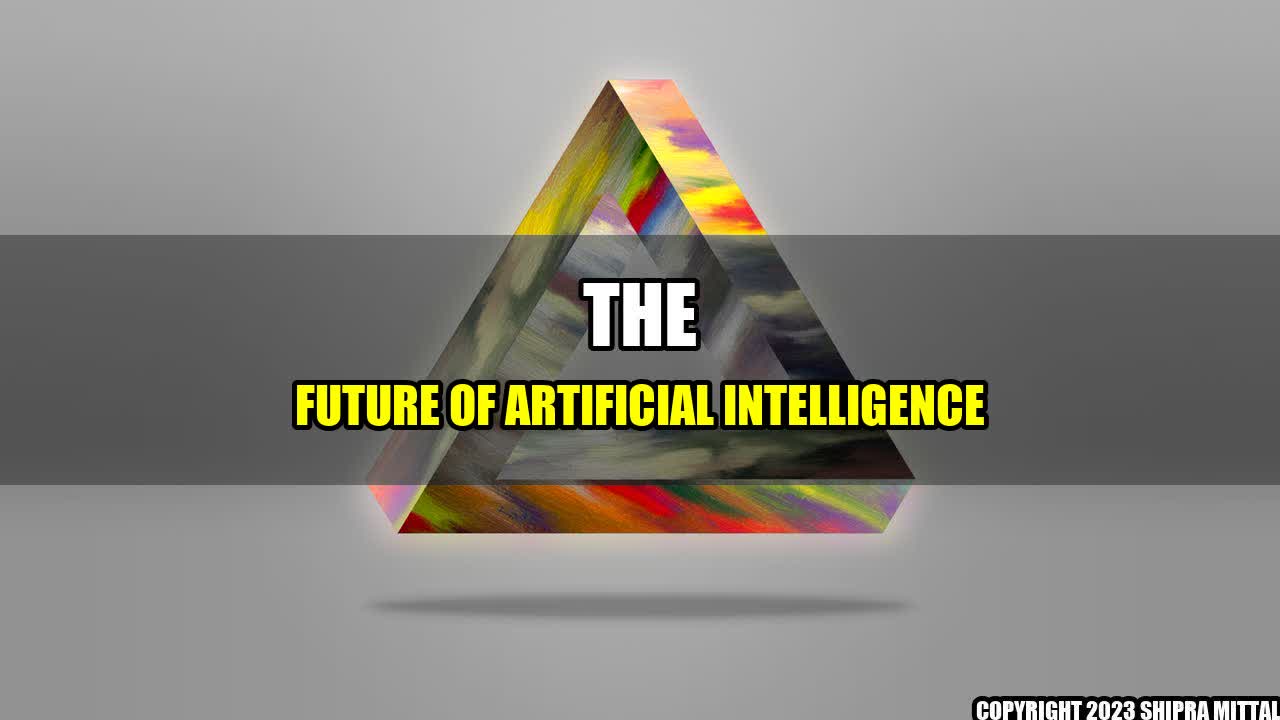Artificial intelligence (AI) has always been a subject of fascination for scientists and technologists. From the early days of computer programming to the present, AI has evolved tremendously and is now regarded as one of the most important technological advances in our time.
At the heart of AI is machine learning, a process where machines are trained to perform specific tasks by learning from real-life examples. This has broad implications for various fields, including healthcare, finance, and transportation.
Real-Life Examples
One of the most notable examples of AI in action is IBM's Watson. Watson is a cognitive computing system that is capable of answering questions posed in natural language. The system has been used in healthcare to help doctors make better diagnoses, and in finance to predict market trends.
Another example of AI in use is Tesla's self-driving cars. Using a combination of sensors and advanced algorithms, Tesla's cars are able to navigate through traffic and follow road signs without human intervention.
Main Companies
Conclusion
- AI is changing the way we work and interact with technology.
- The potential for AI to be used for good is huge, but there are also concerns around privacy and job displacement.
- It is important for society to have an ongoing conversation about the ethical implications of AI and to work together to ensure that AI is developed in a responsible way that benefits everyone.
References and Further Reading
- IBM Watson
- Tesla Autopilot
- The Ethics of Artificial Intelligence
- Why AI Ethics Went Mainstream in 2018
Hashtags: #artificialintelligence #AI #industrytrends
Category: Technology
Author: Akash Mittal

Akash Mittal Tech Article
Share on Twitter Share on LinkedIn